Intro
Discover Bentyl uses and benefits for relieving irritable bowel syndrome, abdominal pain, and muscle spasms, with its anticholinergic properties, improving digestive health and reducing symptoms of IBS.
The importance of managing gastrointestinal disorders cannot be overstated, as they can significantly impact an individual's quality of life. Among the various medications available for treating such conditions, Bentyl has emerged as a popular choice due to its effectiveness in alleviating symptoms associated with gastrointestinal disorders. Bentyl, also known by its generic name dicyclomine, is an anticholinergic medication that works by relaxing the muscles in the stomach and intestines, thereby reducing spasms and discomfort. In this article, we will delve into the uses and benefits of Bentyl, exploring its mechanism of action, potential side effects, and practical considerations for individuals considering this medication.
The management of gastrointestinal disorders often involves a combination of lifestyle modifications, dietary changes, and pharmacological interventions. Bentyl is specifically indicated for the treatment of irritable bowel syndrome (IBS), a condition characterized by recurring abdominal pain, bloating, and changes in bowel movements. By reducing muscle contractions in the intestines, Bentyl helps to alleviate the symptoms of IBS, promoting a sense of comfort and normalcy for those affected. Furthermore, Bentyl may be prescribed off-label for other conditions, such as gastroesophageal reflux disease (GERD) and dyspepsia, underscoring its versatility as a therapeutic agent.
As with any medication, understanding the benefits and potential drawbacks of Bentyl is crucial for making informed decisions about its use. On the one hand, Bentyl offers several benefits, including rapid relief from gastrointestinal spasms and discomfort, improved bowel habits, and enhanced overall quality of life. On the other hand, Bentyl can cause side effects, such as dry mouth, dizziness, and blurred vision, which may necessitate dose adjustments or alternative treatments. It is essential to weigh these factors carefully, consulting with a healthcare provider to determine the best course of action for individual circumstances.
Bentyl Mechanism of Action

Bentyl Uses
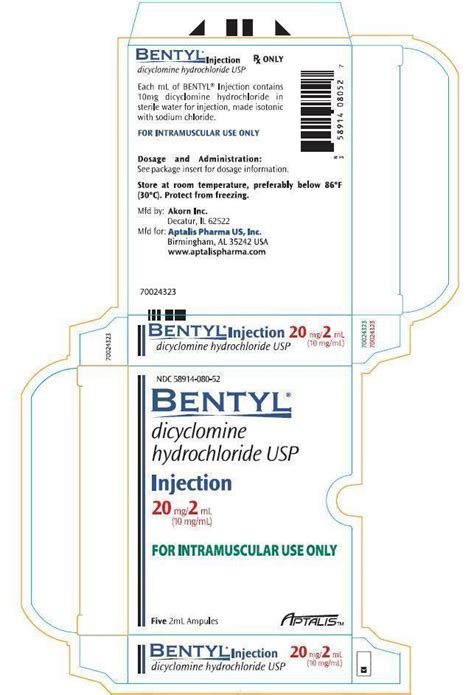
Bentyl Benefits
The benefits of Bentyl are numerous, including: * Rapid relief from gastrointestinal spasms and discomfort * Improved bowel habits, reducing the frequency of diarrhea or constipation * Enhanced overall quality of life, allowing individuals to engage in daily activities without interruption * Versatility in treating various gastrointestinal disorders, making it a valuable therapeutic optionBentyl Side Effects
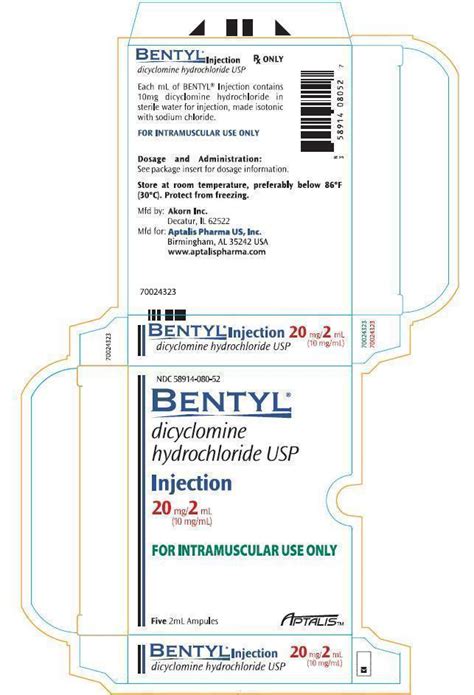
Bentyl Dosage

Bentyl Interactions
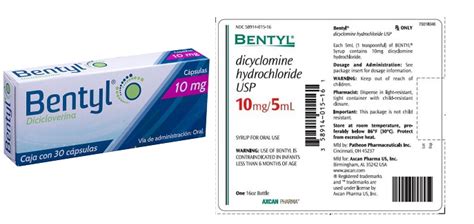
Bentyl Precautions
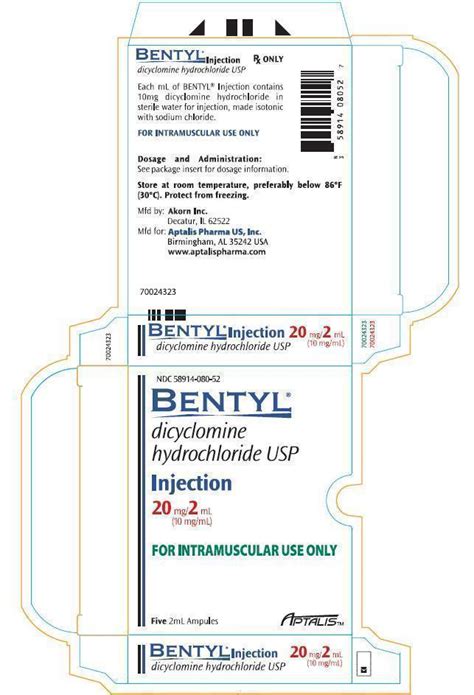
Bentyl Pregnancy And Breastfeeding
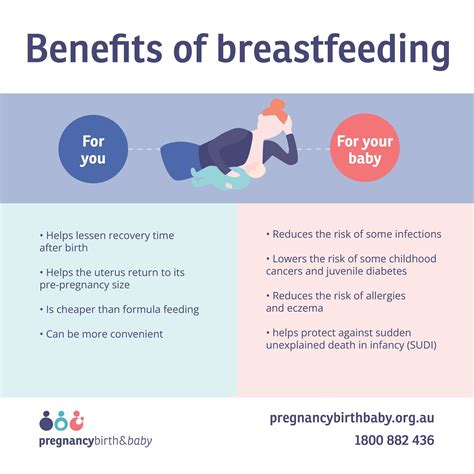
Bentyl Overdose
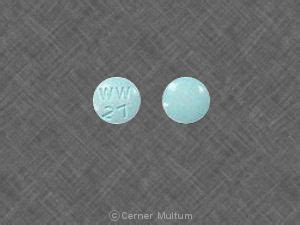
What is Bentyl used for?
+Bentyl is used to treat irritable bowel syndrome (IBS) and other gastrointestinal disorders.
What are the common side effects of Bentyl?
+Common side effects of Bentyl include dry mouth, dizziness, blurred vision, constipation, and urinary retention.
Can I take Bentyl during pregnancy or breastfeeding?
+It is essential to consult with a healthcare provider before taking Bentyl during pregnancy or breastfeeding, as the medication may pass into breast milk and affect the infant.
What should I do in case of a Bentyl overdose?
+In the event of a Bentyl overdose, seek medical attention immediately.
Can I take Bentyl with other medications?
+It is essential to inform a healthcare provider about all medications, including prescription and over-the-counter drugs, vitamins, and supplements, to minimize potential interactions.
In conclusion, Bentyl is a valuable therapeutic option for managing gastrointestinal disorders, particularly irritable bowel syndrome (IBS). By understanding its mechanism of action, benefits, and potential side effects, individuals can make informed decisions about its use. It is essential to consult with a healthcare provider to determine the best course of action for individual circumstances. We invite readers to share their experiences with Bentyl, ask questions, or seek further information on this topic. By engaging in a dialogue, we can work together to promote a better understanding of gastrointestinal health and the role of Bentyl in managing these conditions.
